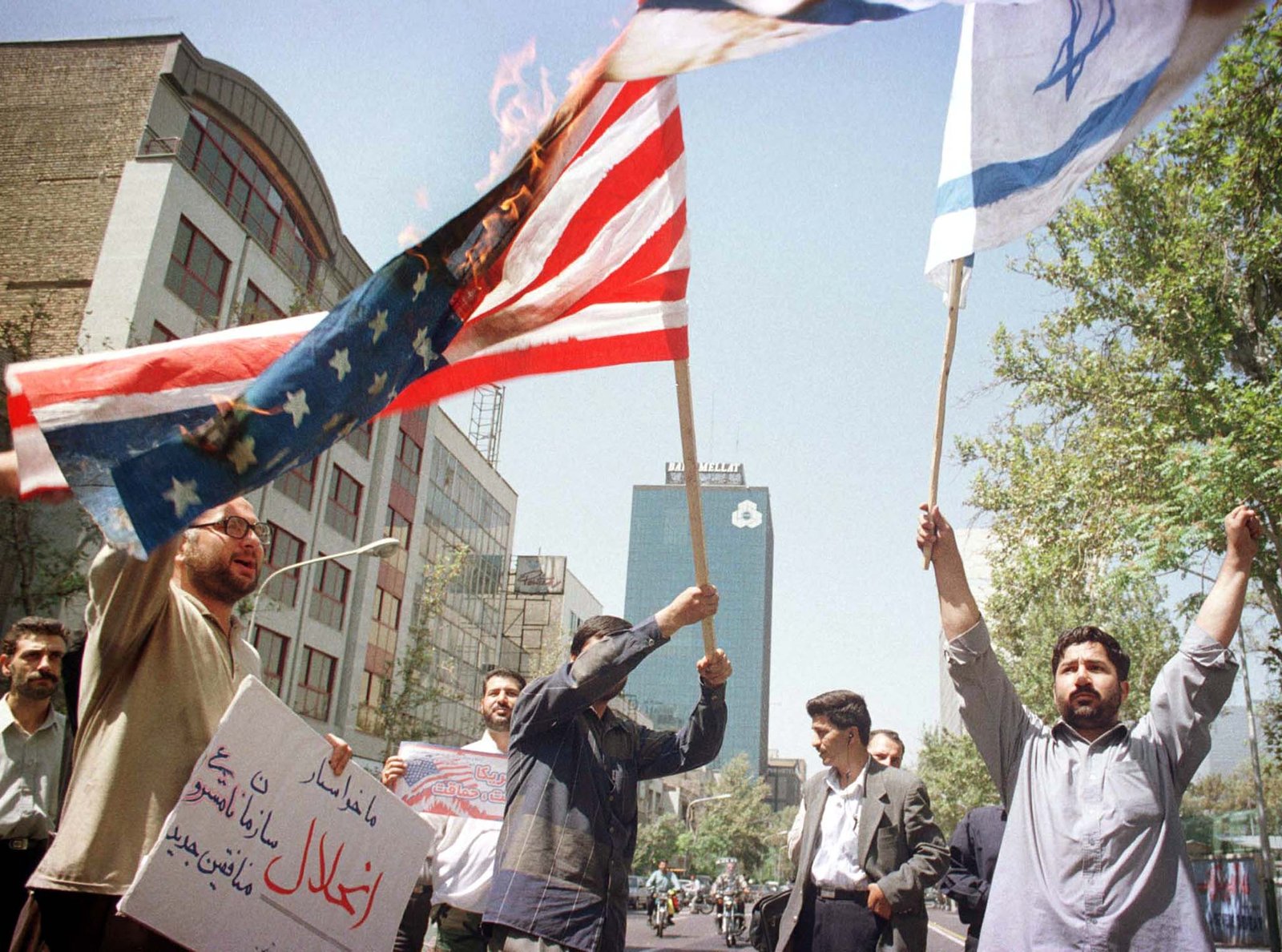On November 16, 2024, Iran International, an independent Persian-language newspaper with a track record of major scoops, reported that the Assembly of Experts, a clerical body charged with appointing a new supreme leader upon the death or incapacitation of the sitting leader, has secretly appointed Mojtaba Khamenei, the second son of Supreme Leader Ali Khamenei, to be his successor.
The report is plausible.
Khamenei is 85 years old. He has had a public bout with cancer and is partially paralyzed from a 1981 assassination attempt. Rumors abound about other health crises. While Khamenei’s father, Sayyid Javad Khamenei, lived to be 90, the supreme leader is clearly in the twilight of his life. Although reports that he is comatose are false—he appeared on Iranian television alongside his ambassador to Lebanon—succession scenarios are still an Iranian parlor game.
There has been only one succession in Islamic Republic history: On June 3, 1989, Grand Ayatollah Ruhollah Khomeini, the Islamic Republic’s founder, died at age 86. Khomeini had charisma and religious credentials superior to Khamenei’s. Prior to his death, he designated Khamenei as his successor, not because of who Khamenei was but rather who he was not: He was not a factional head, nor was he strong. In ayatollah circles, his religious credentials were subpar. In short, he was everything faction heads wanted in a compromise candidate, weak and colorless.
Khamenei disappointed them. Deliberately and adroitly, he purged Khomeini’s men from the bureaucracy and replaced them with his own. He also built his own resources in the guise of a vast business empire, today worth upwards of $100 billion, in order to ensure he need not rely on others. As his son Mojtaba came of age, he made him his de facto, if unofficial, chief-of-staff so that he could learn the family business.
The Office of the Supreme Leader under Khamenei, though, was not the only institution to build itself an independent power base. The Islamic Revolutionary Guard Corps (IRGC) grew prominent during the 1980-88 Iran-Iraq War and did not want to return to the barracks when Khomeini agreed to a ceasefire. Instead, the IRGC entered the civilian economy. Thirty-five years later, its conglomerate controls up to 40 percent of the Iranian economy.
Both these factors make rumors of Khamenei’s efforts to assure Mojtaba’s succession more likely. Neither those in Khamenei’s inner circle nor the IRGC wish to risk their tremendous holdings and power to a new administration. Indeed, for many of Khamenei’s aides, the issue could be, quite literally, life or death—a new leader would quickly purge those deemed loyal to his predecessor.
Because Khamenei does not have the religious credentials of Khomeini, it also makes sense for Khamenei to do as much as possible to ensure Mojtaba’s formal acceptance before he passes: The moment Khamenei dies, the fear other factions have of him could dissipate.
Khamenei and his inner circle also know Mojtaba will be a controversial choice. Khomeini railed against the shah in part because of the notion of hereditary leadership. The clergy promises a meritocracy and while class differences permeate clerical ranks, the notion that the supreme leader would be the deputy of the messiah on Earth and not simply an accident of birth bolstered his legitimacy. Not only does Mojtaba not have the prestige of the grand ayatollahs or even many ordinary ayatollahs, but most Iranians also would see him as a sign the Islamic Republic has become a monarchy in all but name.
The implications of a Mojtaba succession are great. A lack of religious qualification will always be his Achilles heel, but that may be what the Islamic Revolutionary Guard Corps wants. While the IRGC may not want an outright military dictatorship, they may believe they can rule absolutely behind a clerical façade that Mojtaba can provide.
At the same time, if the IRGC needs Mojtaba to solidify its military dictatorship, he could become dead man walking for those who seek the Islamic Republic’s demise. Here, the candidates are many. As the regime executes athletes, dissidents, and women, Khamenei’s family may face blood vendettas from victims’ family members who feel they have nothing to lose. At the same time, Israel has shown that it can act with tremendous precision. If Khamenei and his son died together or in short succession, the vacuum of leadership might be something that no cleric could fill.
